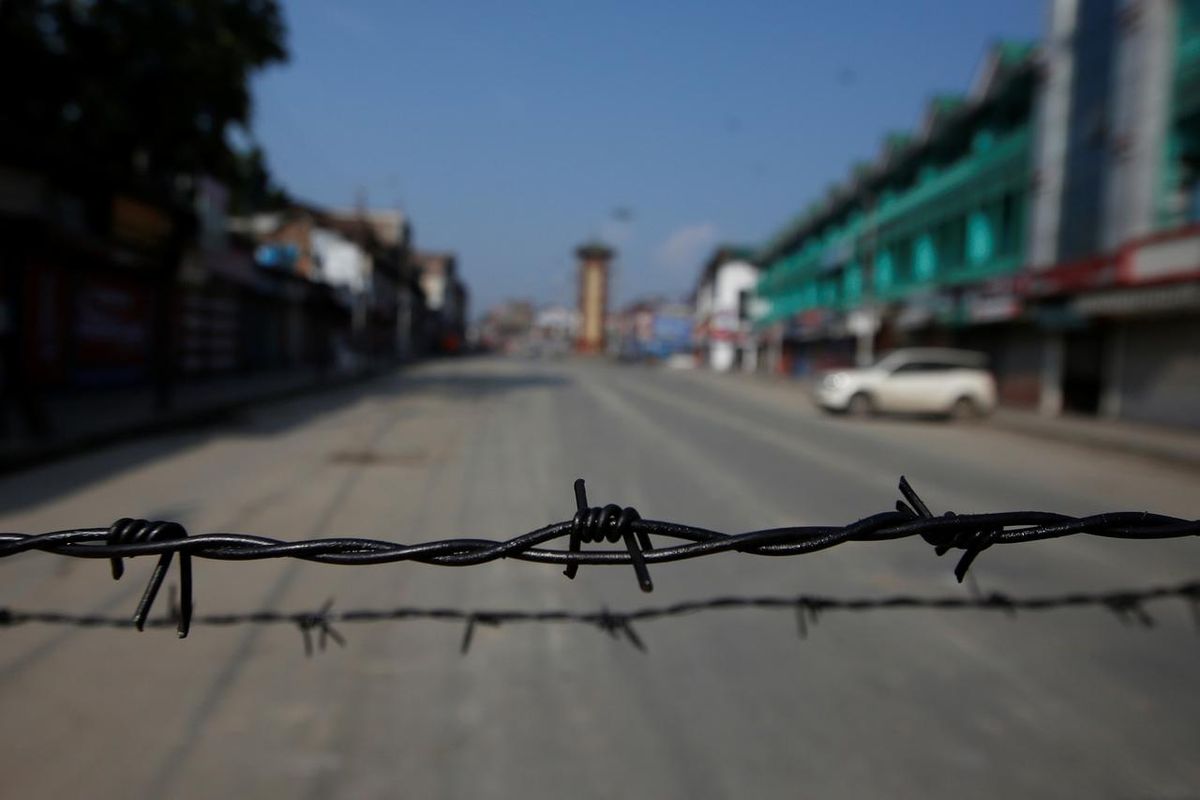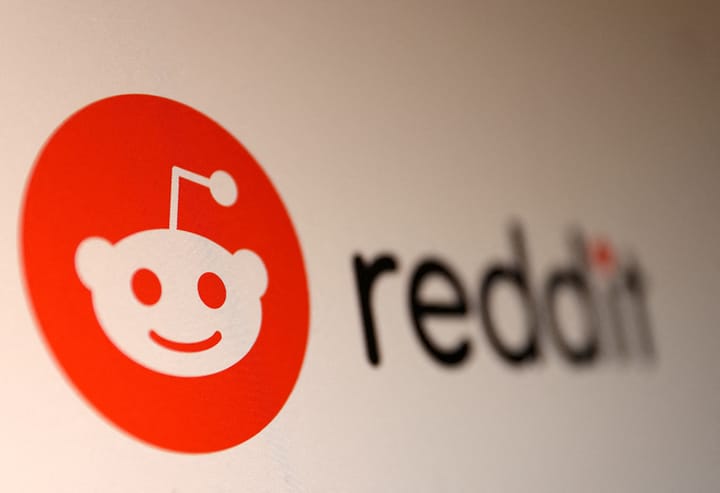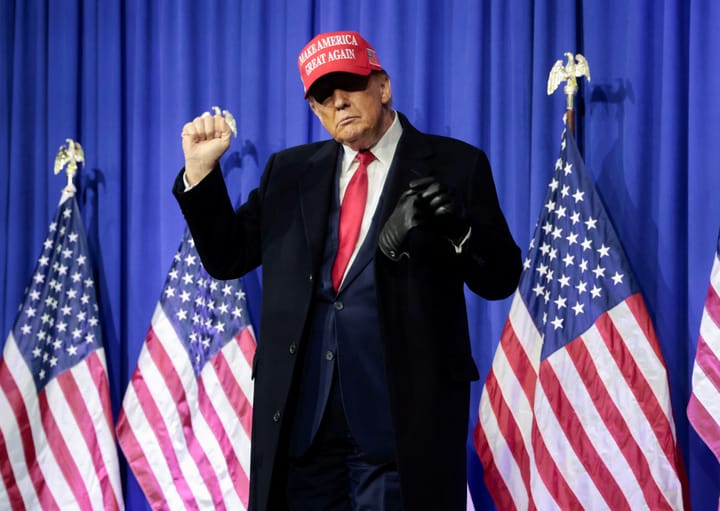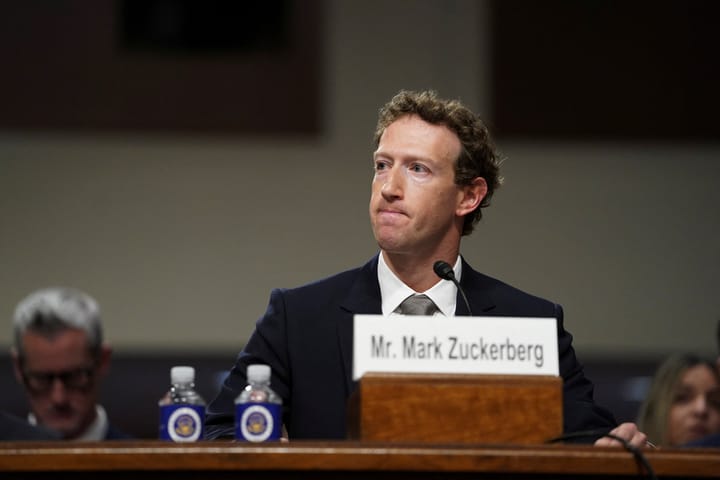Kashmiris use VPN apps to circumvent blocked social media sites

A few minutes every morning is all you need.
Stay up to date on the world's Headlines and Human Stories. It's fun, it's factual, it's fluff-free.
Indian authorities restored limited internet access in Kashmir on January 25, nearly six months after the region was originally taken offline. This marks the longest internet blockade on record for a democracy
However, the majority of social media sites remain blocked for the seven million residents of the region, many of whom have taken to using VPN apps to gain access to them.
VPNs are popular in many countries where the government controls users’ internet use, countries such as China, since VPNs use proxy servers that alter a user’s location so that they’re not subject to regional blockades.
On January 27, citizens from the Kashmir region were using keywords and hashtags with “Viva La VPN" on their social media accounts.
Slow-speed 2G services resumed
In India-administered Kashmir, local authorities allowed slow-speed 2G services to resume on January 25, albeit with the ability for users to only access a little over 300 “authorized” websites, primarily belonging to the government or banking institutions.
Sheikh Adnan, a scholar based in New Delhi, told Al-Jazeera that he was able to use WhatsApp to call his parents in Kashmir for the first time in almost six months thanks to a VPN.
“It was very overwhelming. I hadn’t seen my parents all these months. When I learned about this VPN thing, I asked my friend to rush to my home and fix VPN for my parents. They downloaded half a dozen VPN applications before one eventually helped in connecting a video call through WhatsApp," Adnan went on, adding that “the call was very brief owing to poor connectivity issues."
Students in the region have expressed their frustration with the internet speed, saying that a 2G connection simply does not suffice.
“I am so frustrated. What would a student do with 2G internet speed? Do you think it is any justice after six months?" Zainab Shahid, a 29-year-old doctorate scholar in management studies told Al Jazeera.
Internet services were suspended to halt protests in Kashmir
Internet services had been suspended in the conflict area since August 5, when India’s Hindu nationalist Bharatiya Janata Party (BJP) government first proposed revoking the region’s autonomy.
Following the decision, the government cut off all mobile and landline connections in the region, moved troops in and detained thousands, including dozens of mainstream politicians.
Effects of living internet-less for local residents
Many journalists and members of the press have not been able to work since the internet ban took effect.
“Being so cut off from the outside world, for the first time in my journalistic career I felt completely helpless. The entire night, as a habit, I kept checking my social media accounts hoping they would refresh, but they didn’t,” journalist Aakash Hassan said.
Efforts to curb protests and hinder journalists from carrying out their duties was particularly evident on August 5, 2019, when many of Kashmir’s main roads were sealed off and a strict curfew put in place.
Significant losses to businesses and tourism in the region
According to Al-Jazeera, Sheikh Ashiq, who heads a regional traders and industries body, said that the shutdown caused a loss of more than $2.5 billion US dollars.
“We have not seen the internet restored yet. Once it works, then we can say what kind of relief it would provide." Ashiq said.
Lack of internet causes loss of jobs
The internet blockade has also resulted in the loss of tens of thousands of jobs in Kashmir.
Video content developer Salman Mehraj, a resident of Srinagar, Kashmir’s largest city, reports that the internet ban has cost him valuable contracts with corporate clients.
“The key is to remain online which we cannot do in Kashmir. I lost a contract with another company as I couldn’t reply to mails despite repeated reminders,” he said.
This hits those sectors that are highly dependent on the internet, such as information technology and e-commerce, especially hard and many small businesses have already had to shut down.
“Restoration of internet means very little. Before August 5, we had a positive trajectory but now we are struggling to keep [business] afloat. Even if they restore 4G, we have to redo a lot of work,” Asim Mehraj, the owner of a local bookstore, told Al Jazeera.
[article_ad]
[article_ad]




Comments ()